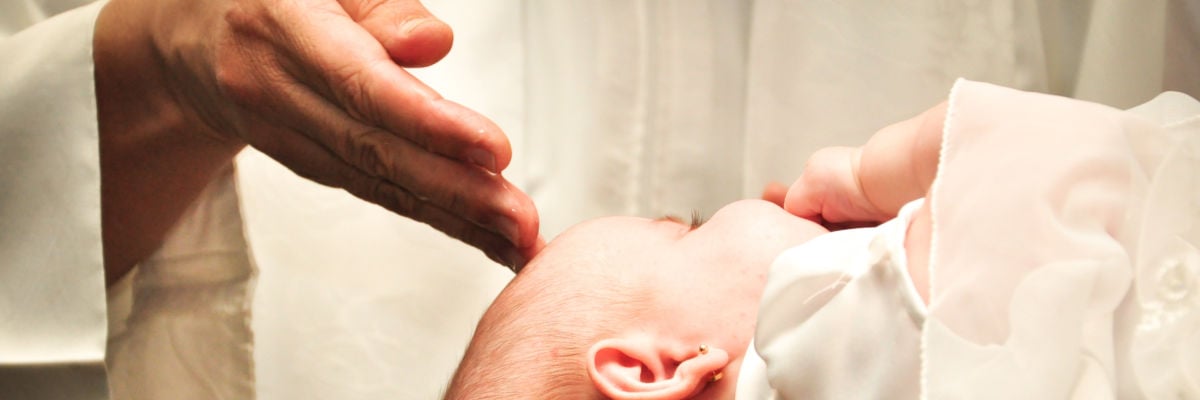
Day 20
CHALLENGE
“Baptism is not needed for salvation. It is a symbolic ritual that represents an inward change that has already taken place.”
DEFENSE
The New Testament links baptism to salvation. Baptism is not just a ritual. It communicates God’s graces, such as the forgiveness of sins and the gift of the Holy Spirit. Thus Peter told the crowd on the day of Pentecost: “Repent, and be baptized every one of you in the name of Jesus Christ for the forgiveness of your sins; and you shall receive the gift of the Holy Spirit” (Acts 2:38). Similarly, when he was converted to the Faith, Paul was told: “Rise and be baptized, and wash away your sins, calling on his name” (Acts 22:16). In his letters, Peter explicitly connected baptism with salvation. Comparing baptism to how eight people were saved in Noah’s Ark, he writes: “Baptism, which corresponds to this, now saves you, not as a removal of dirt from the body but as an appeal to God for a clear conscience, through the resurrection of Jesus Christ” (1 Pet. 3:21). Baptism does not save because it makes us physically cleaner, he says. Rather it “now saves you” because it involves “an appeal to God for a clear conscience,” which is granted to us “through the resurrection of Jesus Christ.” The New Testament also indicates that baptism is the means by which we are regenerated or “born again.” Jesus taught: “Truly, truly, I say to you, unless one is born anew, he cannot see the kingdom of God. . . . Unless one is born of water and the Spirit, he cannot enter the kingdom of God” (John 3:3, 5). Paul agrees, saying that “he saved us, not because of deeds done by us in righteousness, but in virtue of his own mercy, by the washing of regeneration and renewal in the Holy Spirit” (Titus 3:5). Baptism thus places us in the state of salvation.
TIP
Baptism is a normative necessity but not an absolute one. To deliberately refuse baptism is to refuse salvation on the terms God offers it, but God can save those who are not baptized through no fault of their own (CCC 1257–61).



